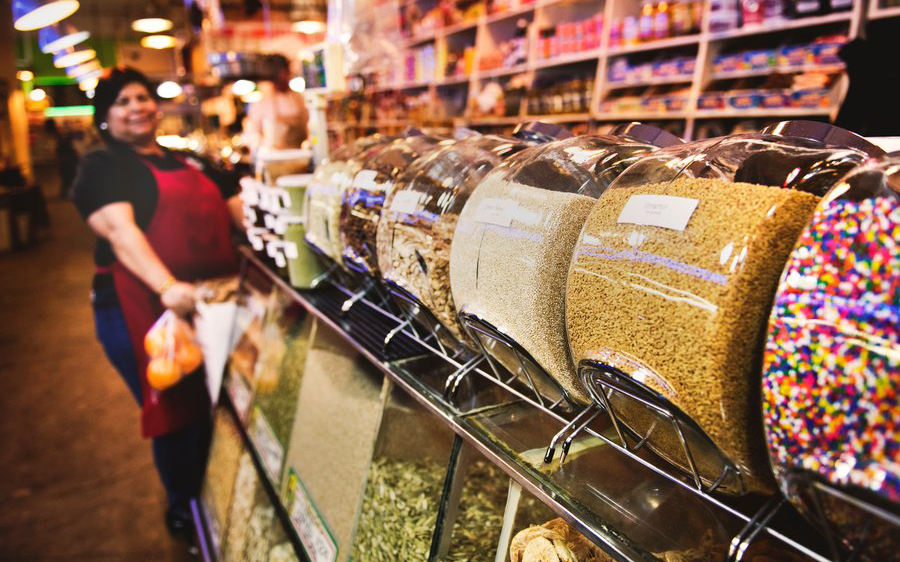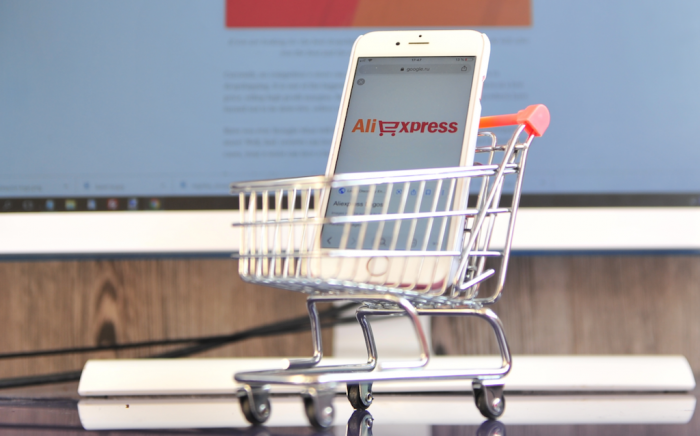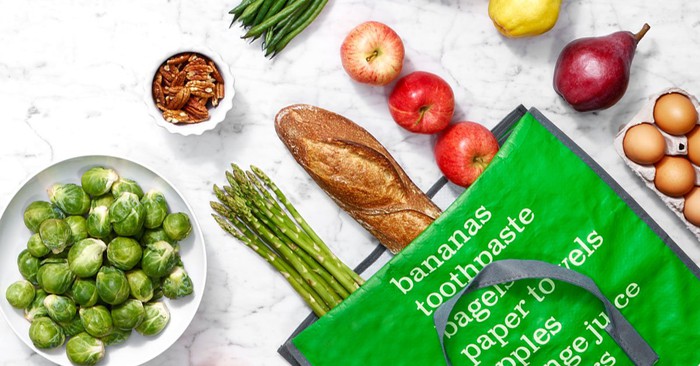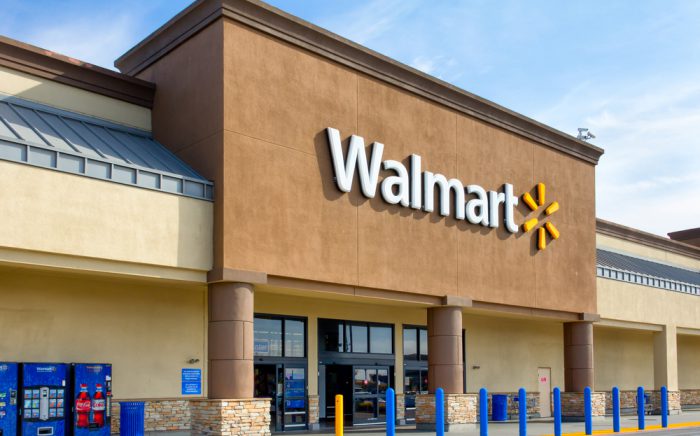Table of Contents
Buying in bulk has gotten a bad rap in recent times. But, unlike what you may have seen in the news, it’s not all about stocking up on toilet paper and hand sanitizer until your garage is filled. In fact, buying in bulk is an effective money saving strategy when done right.
This form of shopping does not require you to become a Costco member (though it helps), or clear the shelf of a product when it is on sale. Buying in bulk is all about purchasing larger quantities of a specific item at the least expensive cost per unit. The key aspects are price, quantity and shelf life.
Though that may seem like a simple equation to follow, buying in bulk can often become overly complicated when you’re not informed. Sometimes what may seem like a good deal, really isn’t. And other times you find that you invested in products that you can’t actually use. So to help you navigate how to buy in bulk, we’ve created this quick guide to help you understand the best ways to save money on bulk items while avoiding unnecessary purchases.
Top 4 Things to Consider when Buying in Bulk

When questioning whether to purchase an item in bulk, there are many things to consider. If you only factor in price, this does not mean that you’re getting the best deal. Consider these four things before making a large purchase.
Cost per unit
What seems like a bargain isn’t always the case when you run the numbers. The easiest way to check if you’re getting the best price by loading up on more of the same product, is to compare the price per unit.
In simpler terms, compare the price of the single item to the quantity and price of buying it in bulk. For example, if a 6-pack of La Croix costs $5, but a 24-pack costs $10, you will be paying only half of what it would cost you if you purchased four 6-packs by buying the 24-pack instead. So the price per unit (or per can) in the bulk pack is only $0.42 as opposed to $0.83.
Each unit is different depending on the item. For many items, you can simply check the price per ounce, which is listed straight on the price tag, to find the best deal. The lower the cost per ounce, the less money you are paying for that specific product.
Shelf Life
You should also consider the shelf life of all items that you buy before purchasing them. A common wrong turn many shoppers make when buying in bulk is filling their carts with perishable items. Although 10lbs of spinach for $1 is a spectacular deal, chances are that most of that spinach will go uneaten before it is spoiled.
Purchasing large quantities of items with a short shelf life, this even includes frozen items, is a waste of money unless you already have a plan in place to use and share them.
Lifestyle
Wholesale items are not the right fit for everyone. Before buying in bulk, consider what type of lifestyle you have. Do you live alone? Do you frequently travel? Do the products you want to buy go along with your diet?
Though you may be tempted by the low price and large quantities, buying items that you will not use does not make any sense. Stick to purchasing bulk items that fit seamlessly into your lifestyle. If you don’t eat cereal for breakfast everyday, why force yourself to start powering through that 5lb box?
Storage Space
Along with lifestyle, you should also consider the storage space available in your kitchen and home in general. Studio apartments and Costco trips can mesh, but you may have to adjust your shopping strategies so that you don’t buy everything at once.
It’s okay to limit your bulk purchases if you don’t have extra storage space to house all of them.
10 Items that You Should Buy in Bulk

The following items are generally safe to buy in bulk due to their longer shelf life and typically lower price.
- Paper products (toilet paper, paper towels, tissues)
- Pet food
- Vitamins
- Diapers
- Batteries
- Shampoo, conditioner and soap
- Alcohol
- School and office supplies
- Trash bags
- Laundry detergent
10 Items that You Should Not Buy in Bulk
If you want to successfully buy in bulk, you should leave the items below off of your list. We chose these items based on their shorter shelf lives, nutritional value and prices.
- Produce
- Perishable items (that cannot be frozen)
- Unhealthy snacks
- Spices
- Condiments
- Nuts
- Flour
- Bread
- Coffee
- Skincare items
More Tips to Save You Money When Buying in Bulk
You can make buying in bulk even more worth your while by stacking some extra savings on top. Using coupons is a key way to save more money on regular purchases. Plus it’s easy! Don’t overlook promotional codes, print coupons and digital coupons when compiling your shopping list.
Another easy way to buy in bulk and save is by splitting the cost with your roommates or friends. This is a great option if you do not possess enough storage space. Splitting the items with friends will also make it possible for you to take advantage of some bulk purchases that you would otherwise have to bypass.
Shopping for bulk items does not mean that you need to sacrifice quality. A successful bulk shopper invests in items that will last not only because they have a long shelf life, but because they are made to last. So the next time you find yourself strolling through the aisle eyeing wholesale items, run through this guide to make sure you’re buying in bulk the right way.
Are you looking to save in more ways than one? Sign up for RebateKey to unlock exclusive offers on a wide range of items and receive cash back rebates every time you buy!




